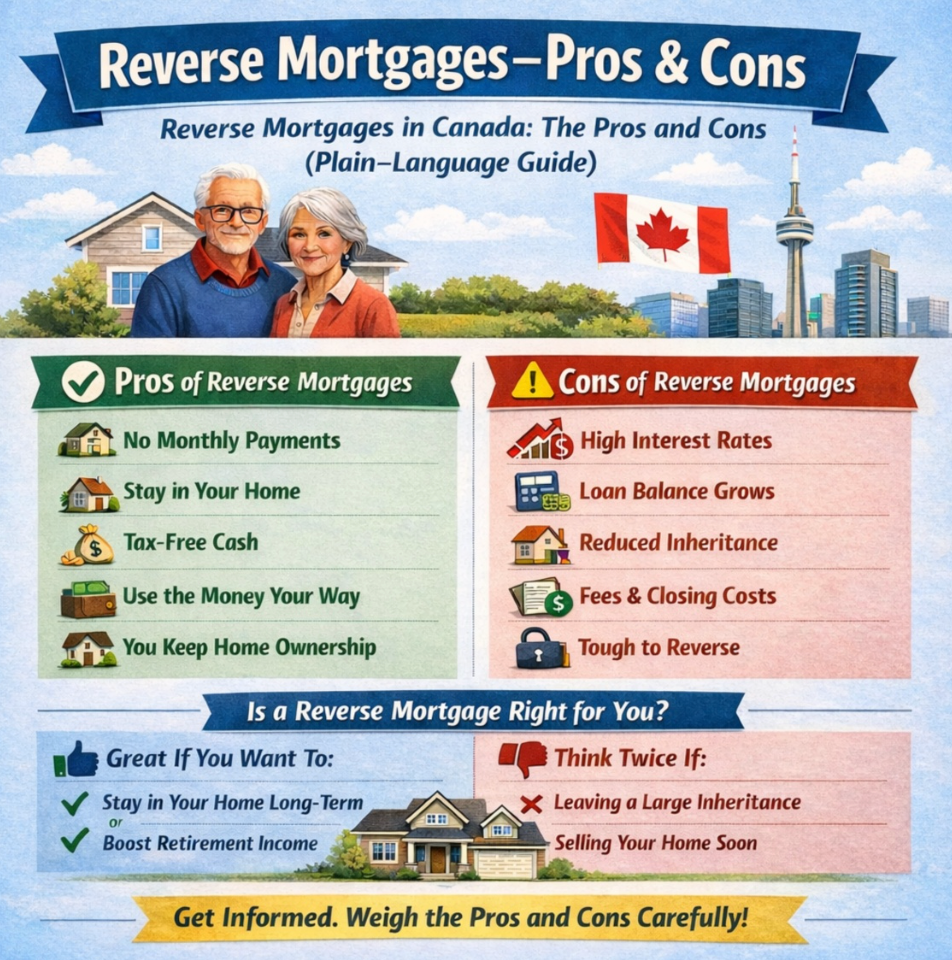5 Signs You’re Ready for Home Ownership

As a mortgage broker, it is my job to ensure that each one of my clients is getting the best service I can provide.
Part of this means educating as much as possible when it comes to buying a home, which is why I’ve put together a list of 5 signs that may tell you that you are ready to become a homeowner.
- You Can Afford the Down Payment
You’ve finally saved up enough to make a down payment. Depending on your situation you will need to deposit anywhere from 5-20% of the home’s price tag. You also need to make sure that you have saved money for any applicable taxes and closing costs.
However, if you don’t quite have enough saved up on your own, but you have a family member who is willing to give you a gifted down payment to assist you, that works too.
Paying for a home goes well beyond just making your mortgage payment every month. As a homeowner you’re responsible for fixing anything and everything that may break. If you don’t have an emergency savings fund, you may end up putting yourself in debt paying for repairs or issues around the house that need to be dealt with immediately.
- As a rule, it’s advised to have 3 months’ worth of your living expenses saved in case any emergency costs come up.
2. You’ve Got Good Credit
This might seem obvious, if you don’t have a good credit score, chances increase that you could be declined altogether or stuck with higher interest rates = higher mortgage payments.
Lenders are more likely to give those with good credit a mortgage plus better interest rates. Good credit tells the lender you are unlikely to miss mortgage payments, so a less risky investment.
If you already have good credit, you are one step closer to buying your first home. If not, start working to improve that credit score one day at a time.
If you’ve had some credit issues in the past, it doesn’t mean you aren’t ready to be a homeowner, however, it might mean a little more planning is required!
Most Canadians carry some debt (loans, credit cards, vehicles, student loans, etc.) you don’t have to be debt free to buy a home, but it helps. The less debts you have, the more of your income that can go towards paying the mortgage, giving you higher home buying affordability.
A co-signor can be considered here as well
3. You’re Sick of Spending Money on Rent
As the old saying goes… you can pay your mortgage OR you can pay your landlord’s mortgage.
One of the biggest disadvantages with renting is that you’re essentially throwing away money every month – or at least, throwing it into your landlord’s wallet.
If you’re tired of spending your hard-earned money on monthly rental payments, then buying a home may be the right decision for you.
- Unlike rental payments, a portion of every mortgage payment goes towards building equity in your home.
Building equity is one of the most important benefits of owning a home. The more money you put towards your home, the closer you’ll be to owning the home outright.
When you own your own home, you won’t have to worry about rent increases or being kicked out of your home if the landlord sells.
4.
You’ve Got Enough Income to Cover the Mortgage Payments and All the Additional Costs of Home Ownership
While no job is ever 100% secure, the longer you’re established at a certain job, the longer you’ve been practicing within a specific career, or the more years of self employment you have under your belt, the more likely your job will be seen by the lenders as “steady enough” to support home ownership.
It’s all about providing confidence to the bank/lender that you’re capable of holding down a steady job and will, in turn, be able to make your mortgage payment on time every month.
If you’re going to borrow money to buy a house, the lender wants to make sure that you can pay it back. The ideal situation is to have a permanent full-time position where you have past probation.
- If you rely on any inconsistent forms of income (self employed, casual, hourly etc.), having a two-year history is required.
A good rule of thumb is to keep the costs of homeownership to under a third of your gross income, leaving you with two-thirds of your income to pay for the rest your life (i.e. taxes, food, medical, household expenses, entertainment, etc.).
5. You’ve Discussed Mortgage Financing with Me, your Mortgage Broker.
Buying your first home can be quite a process. With all the information available online, it’s hard to know where to start. While you might feel ready, there are lots of steps to take; way more than can be outlined in a simple article like this one.
I specialize in FIRST TIME HOME BUYERS! I will walk you through the mortgage process to help you buy you first home! It can be very complicated & overwhelming!
- We work together to set a realistic home buying budget
- I set up your mortgage PreQualification to ensure you stay on budget with what you can afford.
- I educate you about mortgages, so you can decide which mortgage is the best fit for your situation
- I work with a team of realtors who specialize in First Time Home Buyers
Buying a home is both exciting and nerve wracking. My goal is to simplify and educate you about mortgage financing, so you make good decisions based on your situation.
I specialize in Mortgage Intelligence, educating people about mortgages, how they work and what lenders are looking for. Everyone's home purchasing situation is different, so working with me will give you a better sense of what mortgage options are available based on the 4 strategic priorities that every mortgage needs to balance:
- lowest cost
- lowest payment
- maximum flexibility
- lowest risk
The fine print in the mortgage contract can far outweigh the rate being offered. Most people are blinded by the rate, in their quest for a mortgage.
If you want to understand how mortgages work BEFORE making the biggest purchase of your life, let’s set up a time to chat.
Kelly Hudson
Mortgage Broker
604-312-5009
Kelly@KellyHudsonMortgages.com






